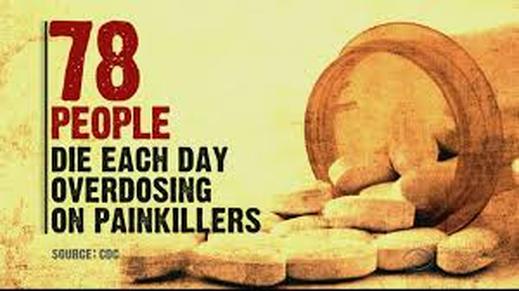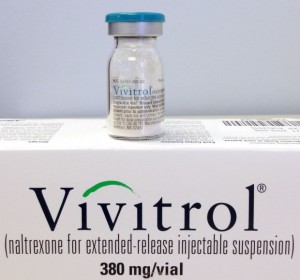The opioid epidemic is sweeping the nation, without an end in sight. Overall, the mortality rate in deaths related to opioids has more than doubled in the last 10 years. In 2016, statistics showed that California had the nation’s highest death toll related to opioids. 2017 isn’t showing a decline in that number either.
According to the data, 78 people die every day from opioid overdose, that translates to one person dying every 18 minutes. Since manufacturers of illegal street drugs are now cutting their drugs with the cost-effective fentanyl to bring in more profit, that number is expected to rise, yet again. There have been increasing reports of carfentanyl (an opioid used for elephants) being found in street heroine. Just a few specks of this lethal chemical can lead to severe respiratory depression and death. Customs and Border Patrol officers are also reporting that they have seen a huge increase in illegal drugs being imported from countries like China, while being disguised in packaging such as chips, candy, and even cheese.
California isn’t the only state that is feeling the effects of this growing epidemic. An Ohio coroner is seeing a surge in overdoses, resulting in him having to send bodies to funeral homes, or even renting refrigerated trucks to store the bodies because his cooler is full. Recently, The Drug Enforcement Administration stated the death toll for Pennsylvania last year will be near 4,500.
So, with this rising death toll quickly overtaking every community, what can be done to help? Congress denied a budget increase to help fund the epidemic, and other cuts to the mental health budget didn’t help matters. This seems to leave the burden on family, friends, and medical personnel for now. If you have a family member or friend that has an opioid addiction, reach out, and try to seek help with them. Depression seems to be linked to opioid use. Patient with addictions use drugs to “cover up” or “numb” feelings of depression. Head off the problem before it starts, and take action if you notice behavioral changes in someone that could be depressed.
The nationwide pharmacy, CVS, will distribute the overdose reversal medication, Naloxone (Narcan), without a prescription. On-site pharmacists can teach the average customer how to recognize signs of an overdose, how to administer the drug, and about what side effects to expect. While this is a sad hail mary approach at treatment, it has been extremely effective in slowing the mortality rate amongst addicts.
Resources:
According to the data, 78 people die every day from opioid overdose, that translates to one person dying every 18 minutes. Since manufacturers of illegal street drugs are now cutting their drugs with the cost-effective fentanyl to bring in more profit, that number is expected to rise, yet again. There have been increasing reports of carfentanyl (an opioid used for elephants) being found in street heroine. Just a few specks of this lethal chemical can lead to severe respiratory depression and death. Customs and Border Patrol officers are also reporting that they have seen a huge increase in illegal drugs being imported from countries like China, while being disguised in packaging such as chips, candy, and even cheese.
California isn’t the only state that is feeling the effects of this growing epidemic. An Ohio coroner is seeing a surge in overdoses, resulting in him having to send bodies to funeral homes, or even renting refrigerated trucks to store the bodies because his cooler is full. Recently, The Drug Enforcement Administration stated the death toll for Pennsylvania last year will be near 4,500.
So, with this rising death toll quickly overtaking every community, what can be done to help? Congress denied a budget increase to help fund the epidemic, and other cuts to the mental health budget didn’t help matters. This seems to leave the burden on family, friends, and medical personnel for now. If you have a family member or friend that has an opioid addiction, reach out, and try to seek help with them. Depression seems to be linked to opioid use. Patient with addictions use drugs to “cover up” or “numb” feelings of depression. Head off the problem before it starts, and take action if you notice behavioral changes in someone that could be depressed.
The nationwide pharmacy, CVS, will distribute the overdose reversal medication, Naloxone (Narcan), without a prescription. On-site pharmacists can teach the average customer how to recognize signs of an overdose, how to administer the drug, and about what side effects to expect. While this is a sad hail mary approach at treatment, it has been extremely effective in slowing the mortality rate amongst addicts.
Resources:
- Information About Narcan
- California Has Most Opioid-Related Deaths in Nation: Report
- Cheap, Potent Fentanyl Fuels Opioid Epidemic



 RSS Feed
RSS Feed